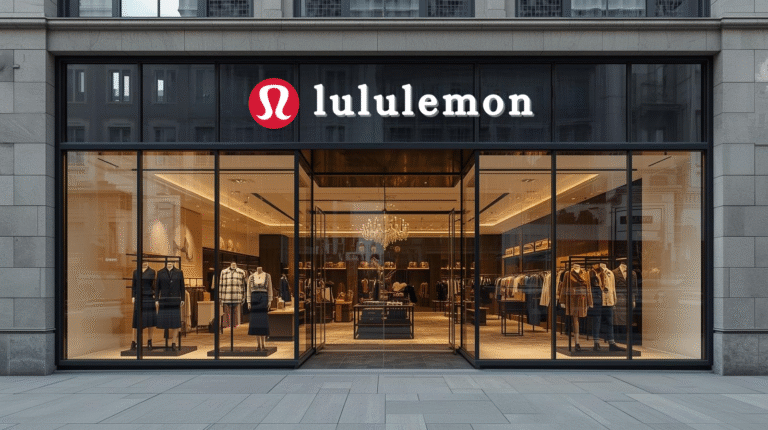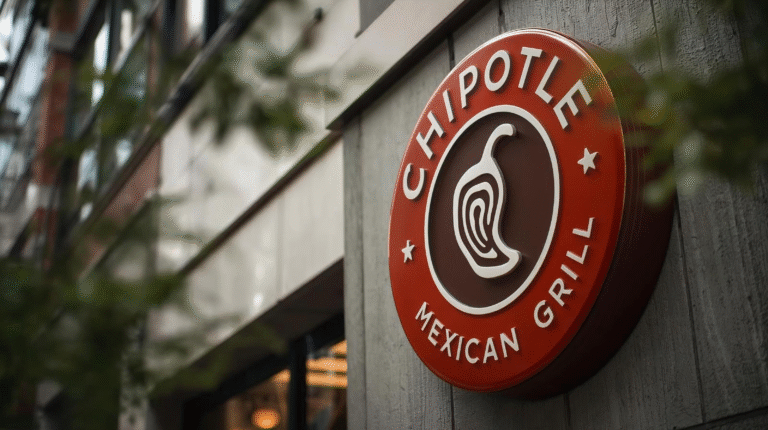

Understanding “Open Stock” The Gatekeeper of Daily Market Trends
In the world of trading, “open stock” refers to the first price a security trades at when the market opens for the day, a moment where overnight news, sentiment, and pre-market orders merge into a single price. This opening price serves as the baseline for the entire trading session and often dictates early momentum.
Why the Opening Price Is Crucial for Traders
Price Discovery and Sentiment Check
Before the bell rings, market participants place orders that reflect their reactions to news, earnings, or geopolitical developments. The opening price is the “clearing point” where buyers and sellers find a real-time gauge of investor sentiment. Chronos TradingStanford EdTech Lab
Gap Analysis: Spotting Early Trends
A big gap up or down between the prior close and the current open signals significant moves. Traders can use this to identify breakout or reversal opportunities especially when patterns persist for successive days.
Launching Trading Strategies
One effective strategy used in trading is the Opening Range Breakout (ORB). This technique zeroes in on the price range established right at the start of the market, allowing traders to capitalize on early movements. A strong move beyond that range often triggers momentum-driven trades.
Setting the Tone for the Day
Capitalizing on or protecting against the direction implied by the open especially in volatile sectors or heavily shorted names can be a strategic advantage.
How to Trade or Analyze “Open Stock”
Strategy
How It Uses the Open Price
- Opening Range Breakout (ORB)
- Simplifying your trading strategy can help you grasp it better and enable you to make smarter decisions.
- Gap and Go Day Trading
- Jump in early when open shows direction, riding the momentum
Risk Management
Consider using the opening price as a reference for setting your stop-loss or determining when to exit a trade. Streamlining your trading strategy can make it easier to understand and help you make well-informed decisions.
Confirmation Strategy
Wait for 1–2 minutes post-open to avoid false signals
Real-World Example: Opendoor’s “OPEN” Stock Open Plays
While this blog is not about Opendoor, the phenomenon around “OPEN” illustrates the power of openings:
The stock has seen explosive volatility, with retail investor interest skyrocketing and social media fuelling gap-ups at the open. Business Insider+1
Traders watching the open can ride rapid momentum or exit quickly to manage risk especially for heavily shorted names.
Though the subject differs, the principle is the same: the “open” is where the narrative unfolds each day.
What Every Trader Should Remember
Don’t Ignore the Open – It’s not just another number it’s the day’s initial market sentiment.
Use it for Signals, Not Guarantees – Not every gap leads to a breakout; confirmation and volume are key.
Incorporate into Risk Plans – Set your entries and stops around the open to manage exposure.
FAQ: Open Stock Essentials
What defines the “open price”?
It’s the first traded price when a stock starts trading, often diverging from the prior close based on overnight developments. Chronos Trading
How is the open price determined?
Before the market opens, a pre-market order auction takes place. This is where the supply and demand for a security are matched, setting the stage for trading. Chronos Trading Wall Street Oasis
What’s a common open-based strategy?
The Opening Range Breakout (ORB) strategy is all about trading based on the market’s first price range right after it opens. This approach helps traders capitalize on the early movements in the market, making it a popular choice for those looking to get into the action quickly. The goal is to capture the momentum that often follows this period.
Can the open price be misleading?
Yes, especially in low-liquidity names or days with few pre-market trades. Confirmation through volume and movement is essential.
Final Takeaway
“Open stock” isn’t just jargon, it’s your first real insight into the day’s market intentions. Whether you’re a day trader searching for momentum or a long-term investor keeping tabs, understanding the open gives you a strategic edge. Watching how stocks open and reacting wisely can make the difference between capitalizing on trends or being left behind.






